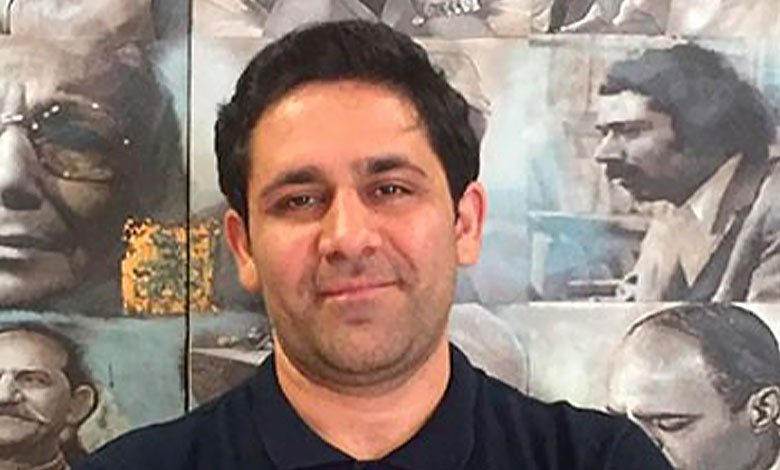
Can you tell me a bit about your background and your current role?
I am assistant prof. at University of Tehran and I am president of smart city research center of Iran. I am a graduate of urban planning and have worked for a long time on the quality of urban life and sustainable development. My articles and books are generally on quality of life and sustainable development, and more recently on smart cities and smart transformation. For a long time, I have been a consultant in the Tehran City Council and the Supreme Council of the Provinces. I am currently working and studying in a special and focused way in the field of smart cities and projects such as the National Committee of Smart City of Iran.
What more do you think needs to be done to promote the development of Smart Cities in African countries?
African countries like any developing countries need more focused and more localized approach. In general to promote and development of Smart Cities in African countries we need following principle and requirements:
First of all create comprehensive and integrated strategies and policies. Building a smart city need national support to avoid haphazardly work.
Secondly African cities need to smart transformation that means establish smartness base on the cultural, economic, social and political context. In other words they need to know their important drivers and local factors.
Thirdly budget is the critical issue. All cities around the developing world face unsustainable revenue and this is the barrier to achieve smart city. So they need to attract foreign direct investment. Smart city prospects should stimulate the private sector.
Finally cooperation and co-creation is the vital for effective smart city because city is the respond for citizen so we need to build smart city base on their needs.
What will be a successful smart city model for Africa in your opinion?
As I said the best smart city model for Africa is the city that build on the cultural, social, economic and political context. So every city must have its specific smartness. Smart city strategies are intertwined with realistic aspirations for a better future. A city can become a smart city with the help of technology. Smart cities are created using technology to improve the lives of citizens. A smart city includes everyone who lives in the city or even visitors to the city is an attempt at technological projects. So participatory model is the best model for African cities.
How shall African leaders change their “smart city policy toolkit”?
Changes in planning policies are the first issue. In the next stage, urban plans, such as comprehensive and detailed plans, should be prepared with a smart city approach. On the other hand, changes in smart toolkit require changes in urban regulations. City and even national managers and leaders must determine and approve all decisions in the context of smart city. A change in the toolkit of city leaders requires a change in the planning approach to focus on the public interest and the participation of the people. On the other hand, due to the changes in the planning approach from physical to soft dimensions, smart city should be included in this category.
What are the continent`s advantages for the development and implementation of successful smart city models and projects?
Each continent has its own unique capacities. Africa, for example, is a continent with natural features and tourism, as well as significant mineral reserves and human potential. However, identifying capacity at any geographic scale is one of the main pillars to focus on creating a specific type of smart city. Because natural and unnatural capacities can be a stimulus to create a brand and ultimately facilitate the move towards smartness. African continent with an area of about 30 million 221 thousand 532 square kilometers, 55 member states of the United Nations and a population of about 1.3 billion people, in terms of economy and the diverse needs of its people, can have a special kind of smart city.
How do you foresee the Smart cities in Africa in the next 5 years?
The way to smart city is the inevitable way. So specially base on the spread of covid-19 more cities in African countries try to invest to promote smart transformation. In my opinion Africa in the next decades is the heaven for investment. Smart cities, with the use of infrastructure and technology, have a positive impact on the quality of life of citizens. They also increase people’s interactions with the urban environment. So I can foresee the Smart cities in Africa in the next 5 years base on the following changes:
- The Internet of Things offers many opportunities for cities that want to use smart technology to increase operational efficiency.
- Smart transportation will be highlighted as a necessity given the importance of solving the traffic problem.
- Smart tourism will be the important way to create more sustainable income.
- In African cities more try will be done for efficiency of public services and











